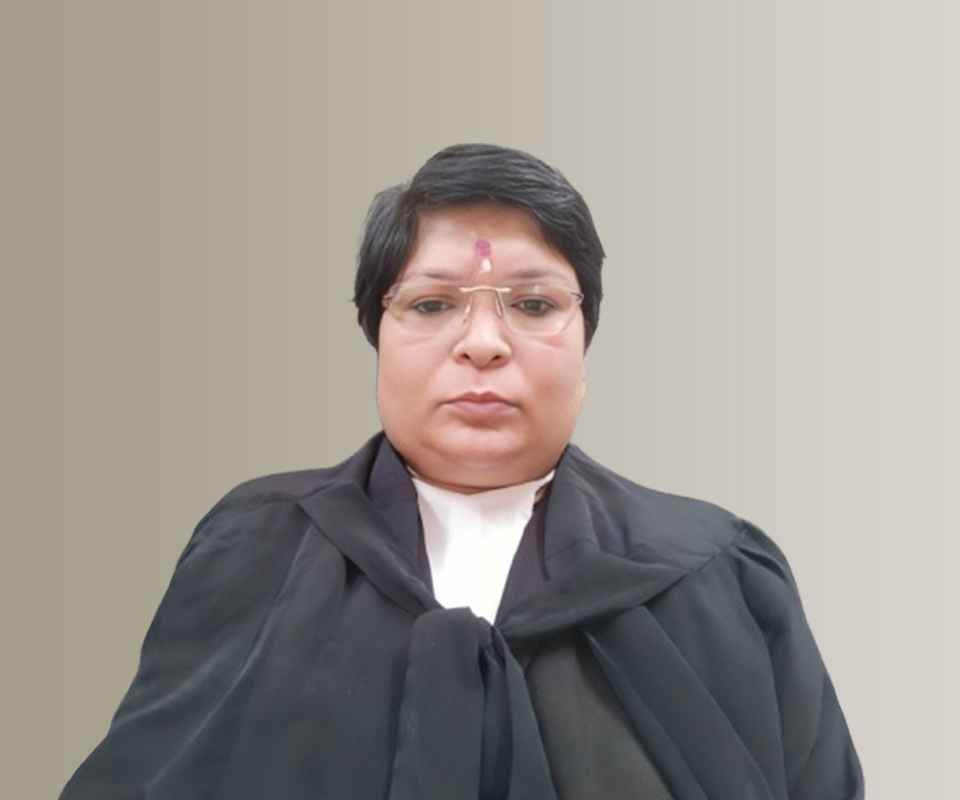Answer By law4u team
Yes, a homemaker can claim maintenance under Indian law, even if she owns property. The ownership of property does not automatically disqualify her from claiming maintenance, as the primary concern in maintenance cases is her financial need and her ability to support herself.
Key Considerations for Homemakers Claiming Maintenance:
Primary Focus: Financial Need, Not Property Ownership:
In maintenance cases, courts primarily focus on the financial needs of the spouse seeking maintenance and their ability to support themselves. Even if a homemaker owns property, it doesn't necessarily mean she has the financial means to support herself, especially if the property is non-liquid (e.g., land or immovable property) or if it doesn't generate income (e.g., a residential property where she resides).
Property Type Matters:
The type of property owned by the homemaker plays a significant role in determining her eligibility for maintenance:
- Income-Generating Property: If the property owned by the homemaker generates income (e.g., rental income), this may reduce the need for maintenance. However, the homemaker would still be entitled to maintenance if she can prove that her property does not yield sufficient income for her maintenance needs.
- Non-Income-Generating Property: If the property is not generating any income, like a house where the homemaker lives, the court may still find grounds for her to claim maintenance. Owning a house does not necessarily equate to financial independence.
Standard of Living and Needs:
Courts will assess the standard of living enjoyed by the homemaker during the marriage. If she was accustomed to a certain standard of living, the court may award her maintenance based on the husband's ability to pay, even if she owns property.
Role as a Homemaker:
The role of a homemaker is often overlooked when it comes to property ownership. A homemaker typically does not have an independent income and may have sacrificed career opportunities to manage the home and raise children. This sacrifice can impact her ability to support herself after a separation. Thus, maintenance is intended to support her financial well-being in recognition of her contributions to the household.
Case Law and Precedents:
Indian courts have consistently held that ownership of property does not negate the right to maintenance. For example, in cases where a homemaker owns property, but that property does not provide sufficient income or is not in a condition to support her financially, the court may still order maintenance from the husband.
Example: In Chander Kanta v. Shyam Sundar (1993), the court ruled that a wife could claim maintenance even if she owned property, as long as she demonstrated a lack of sufficient income to maintain herself after divorce.
Legal Provisions for Maintenance:
- Section 125 of CrPC: This section allows a wife to claim maintenance if she is unable to maintain herself. It does not explicitly take property ownership into account but rather focuses on the inability to maintain oneself.
- Hindu Marriage Act (1955): Under Section 24 of the Hindu Marriage Act, a wife can claim maintenance during the pendency of divorce proceedings. Similarly, Section 25 allows for permanent alimony and maintenance, where the court considers the financial capacity of both parties.
- Domestic Violence Act (2005): Under this Act, a woman can claim maintenance even if she owns property, especially if the property is not capable of supporting her or is in dispute.
Example:
- Case 1: A homemaker who owns a house but does not earn an income may still be eligible for maintenance. If the house is her primary residence and does not generate rental income, the court may order maintenance based on her need for financial support.
- Case 2: A homemaker who owns agricultural land but has no income from it and no other means of support may be entitled to maintenance, as the land may not be liquid or produce income, and she may not have the financial ability to maintain herself.
Conclusion:
A homemaker can claim maintenance even if she owns property, as long as she can demonstrate that her property does not provide sufficient income or support her needs. The court’s primary concern is the financial need and the inability to maintain oneself. The ownership of property, especially if it is not income-generating, does not automatically disqualify a homemaker from receiving maintenance. The court will look at the overall circumstances, including the homemaker's standard of living, her ability to generate income, and the husband's ability to pay maintenance.
In this regard, property ownership alone is not a sufficient reason to deny maintenance, as the aim is to ensure that a spouse can maintain a dignified life after separation or divorce.







